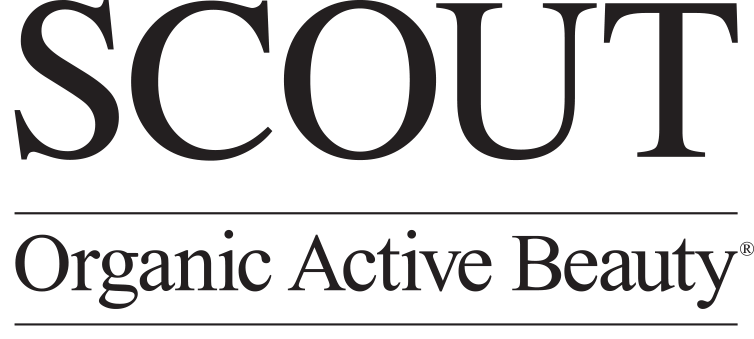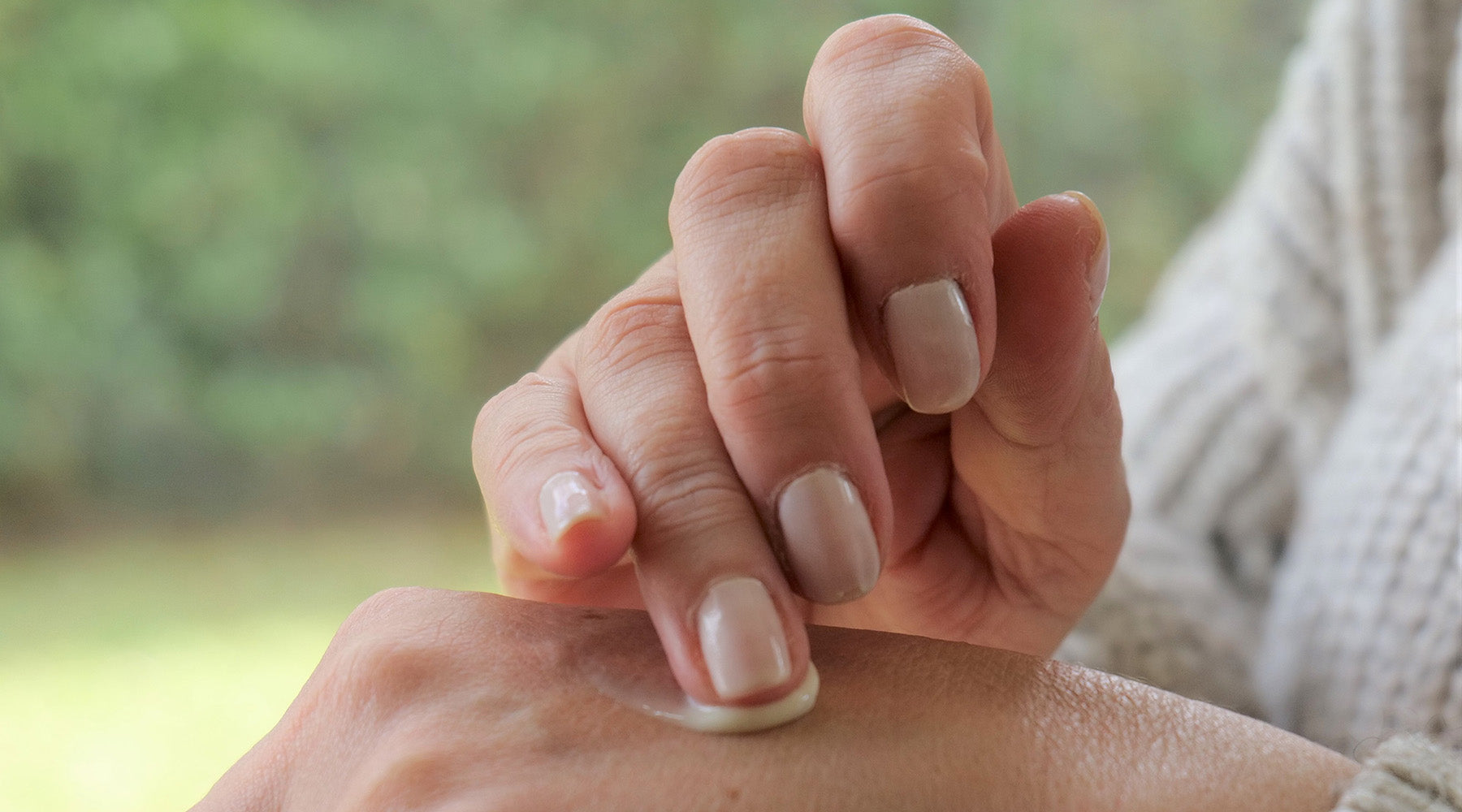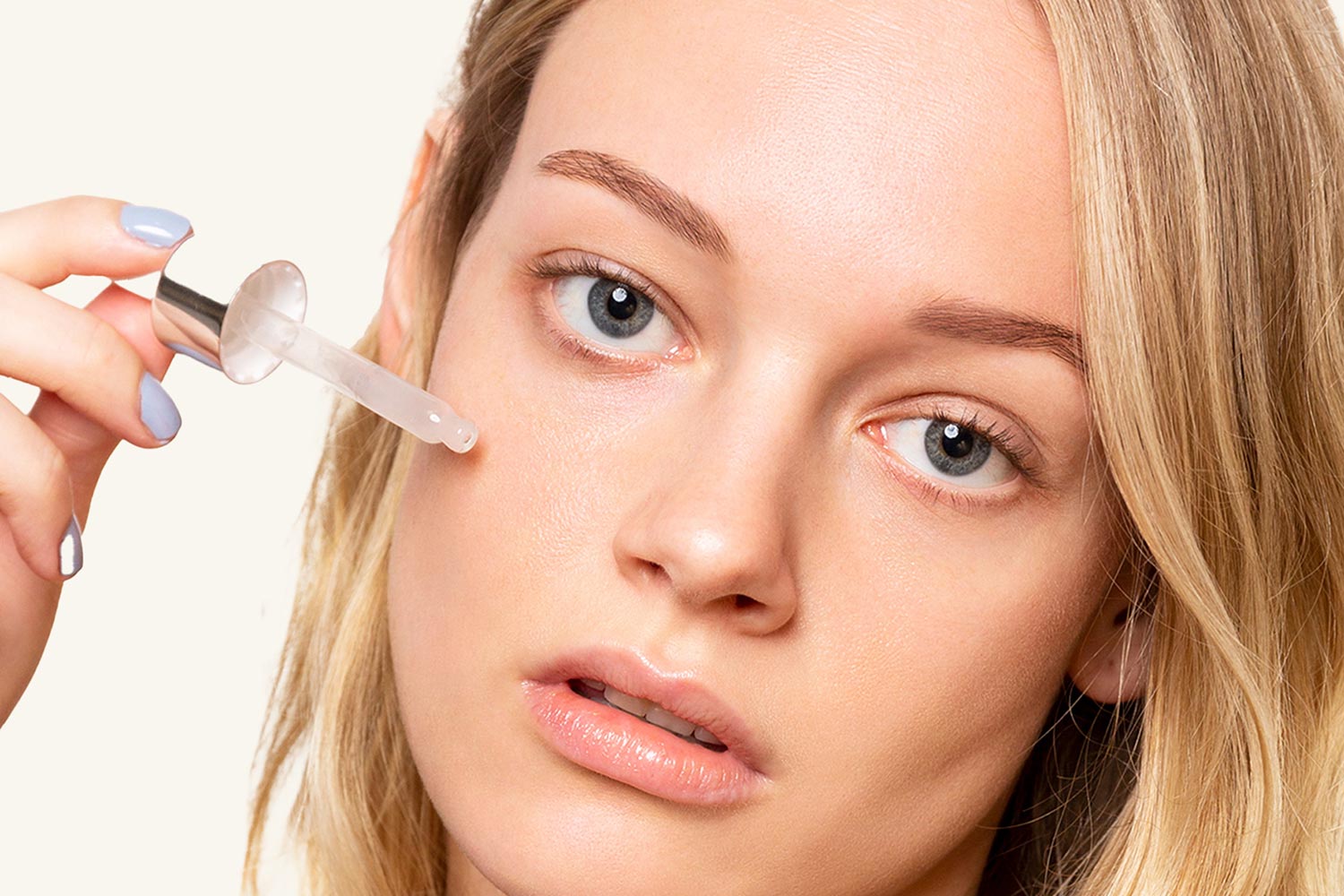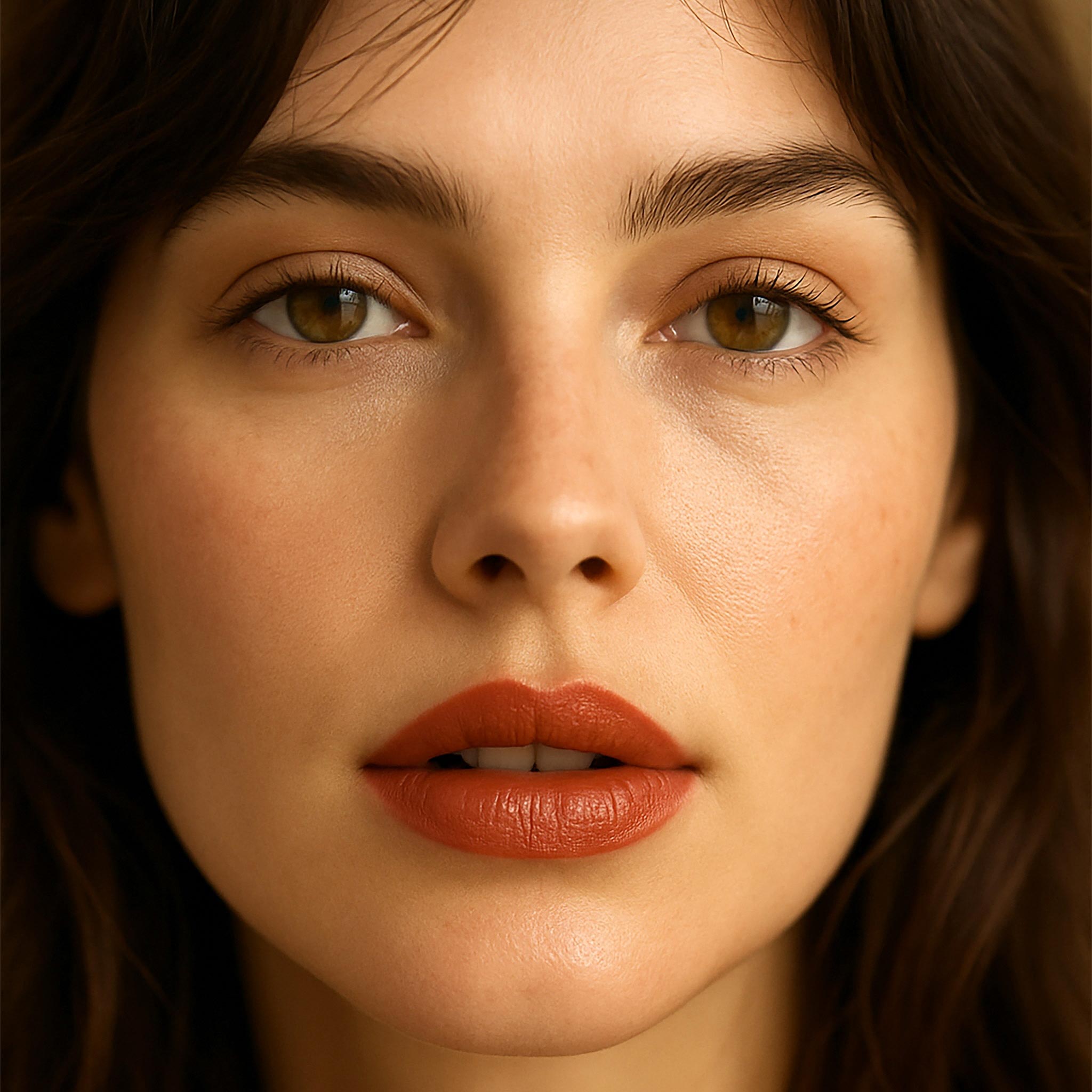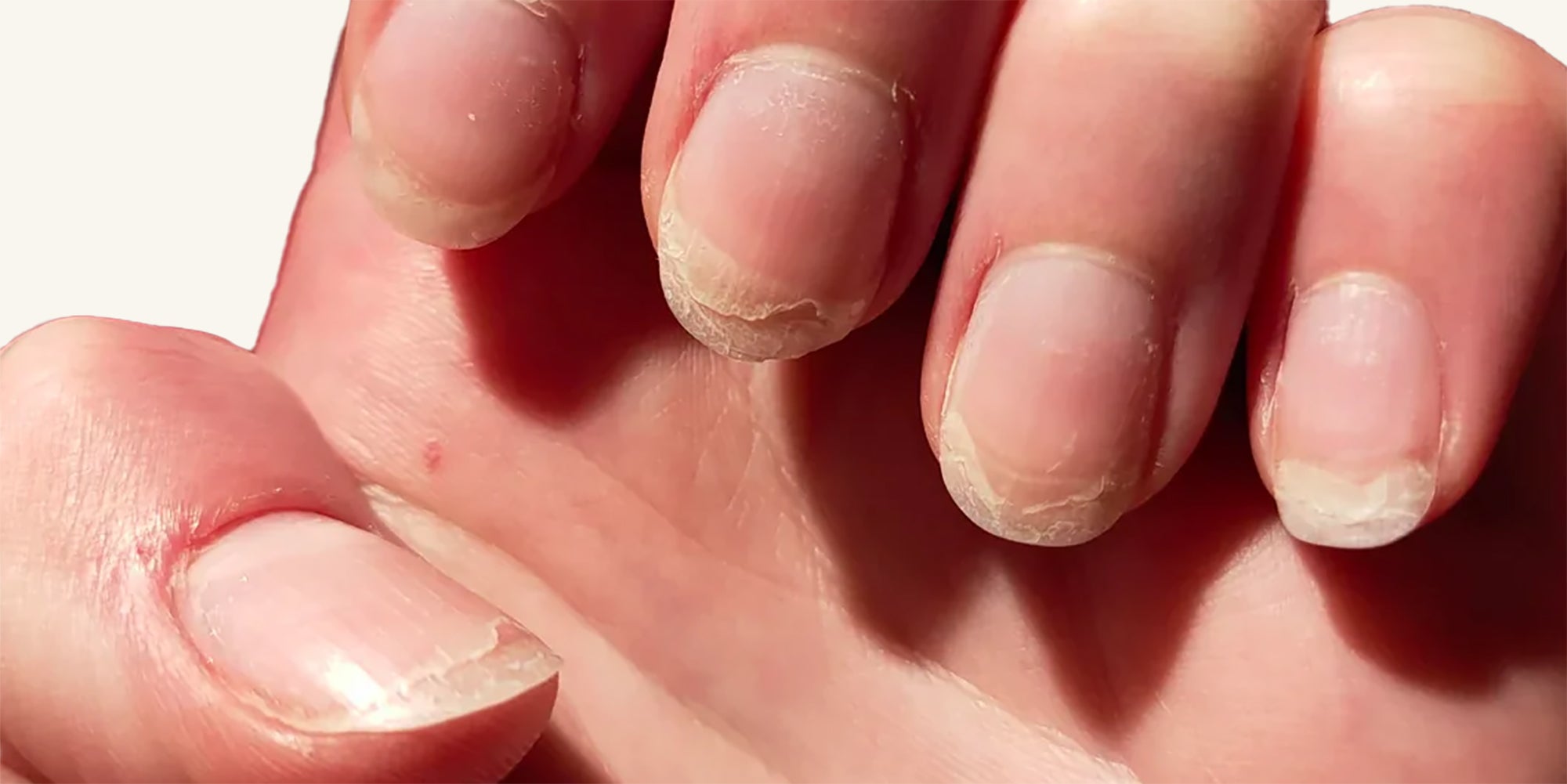
Pregnancy Safe? Absolutely
“I am pregnant, can I still use your products?”
Understandable, this is a time where you are absolutely right to question the products you consume, so I hear this one regularly.
It’s a very personal time and each woman has a unique experience with many changes which impact the skin and how she may feel.
Sensitive skin, breakouts, pigmentation, itching and stretch marks are only a few of the potential changes.
So even if you are enjoying that noticeable glow and feeling fantastic, your skin may need something new or different.
But with so many brands, well-meaning advice and greenwashing out there, navigating to find the right choice for you or red flags to avoid can be harder than you think.
What’s going on?
It’s not just you.
Many newly pregnant women notice some big changes in their skin.
Simply, changes in hormones can lead to an increase in oil, sweat, and increased circulation. For some this results in a pregnancy glow but for others, increased oil and sweat means pimples and breakouts, and improved blood circulation equals splotchy and inflamed.
Natural changes with pregnancy can also cause havoc with your protective skin barrier and result in that dry, irritated, or hyper-sensitive feeling.
Why speak to your doctor about skin changes which occur during pregnancy?
That’s easy because your growing baby and body deserve expert individual advice.
We know hormonal changes and carrying a child may affect you to varying degrees:
- acne
- spider veins
- stretch marks
- hyperpigmentation
- linea nigra, a dark line that runs from the naval to the pubic area
- varicose veins
But for some of us such conditions may require medical treatment not skincare and I really recommend not having any doubts in the back of your mind about the right way to go.
So, is SCOUT safe?
My response is a simple one. Yes! If your doctor is happy, ‘over the counter’ skincare products such as SCOUT should be safe during pregnancy and breastfeeding and all other times.
Why is this so?
- It starts with our choice of the best professional formulators and manufacturers we can find in Australia. People that are credentialled, know about ingredients and care about what they do.
- Rigorous safety and quality testing for each batch of our products to ensure you get the best.
- As a natural brand, we choose to exclude many potentially harmful ingredients. In fact as a COSMOS Certified Organic brand we are forbidden from using them and our products are thoroughly vetted to ensure they do not contain the concerning ingredients.
- We look through the lens of science and nature considering ingredients and how they interact. While there is a lot of misinformation going around about ingredients, we keep up with the latest facts.
- Skincare products which are non-prescription generally use active ingredients in very small amounts, much smaller than a medicinal level that would be a concern for any reason. Unlike a pharmaceutical crème or drug, daily skincare products do not need huge concentrations of any ingredient or approval by the TGA.
So, whether you have that glow and blooming skin during pregnancy, or your skin is being unruly due to all those extra hormones, we have you covered.
If your doctor says yes, you can confidently use any SCOUT product in our range to help you look and feel fabulous.
Ingredients to ask about
There is always debate about the chemicals which may or may not be safe to consume.
Another important though simple fact is the dearth of clinical research on many ingredients and pregnancy.
Fortunately, most over-the-counter skincare products are safe during pregnancy.
However, it is generally accepted that it is a good idea to pass on certain ingredients, such as retinoids, hydroquinone, and phthalates.
My approach has always been to check labels and if in doubt pass.
Certain skincare chemicals may cause complications and so you should definitely ask about these before using:
Retinoids
Retinoids are a synthetic form of Vitamin A used to treat skin conditions such as cystic acne.
They should be avoided during pregnancy even in topical cremes, as these have been linked in some research to congenital disabilities, such as fetal retinoid syndrome.
Hydroquinone
Hydroquinone is a medical product used to treat hyperpigmentation or to lighten skin.
There’s no proven link between severe side effects and hydroquinone but because the body can readily absorb a significant amount when applied topically compared to other chemicals its best to avoid during pregnancy.
Formaldehyde
While Formaldehyde is no longer a common ingredient, the literature indicates some cosmetics contain chemicals called “formaldehyde releasers,” which breakdown over time, turning into molecules of formaldehyde.
The Environmental Working Group has noted the following:
- 5-bromo-5-nitro-1,3-dioxane
- bronopol, also called 2-bromo-2-nitropropane-1,3-diol
- diazolidinyl urea
- DMDM hydantoin
- hydroxymethylglycinate
- imidazolidinyl urea
- quaternium-15
A few final thoughts!
It may sound old fashion but when pregnant with my three sons, my rule was ‘when in doubt, don’t do it’. Naturally, I love researching into the genuine benefits and safety of skin care ingredients for everyone but a lot of the time the applicability to pregnancy will be limited or non-existent. Many studies are based on small groups or anecdotal.
Another thought is about active ingredient concentrations, whether it’s a vitamin, acid or synthetic. If I see concentrations of 10% or 15%, I always ask why and what are the implications.
In any case, the ultimate goal of any skincare routine is to feel healthier and happy, not concerned.
Sylvie xx
